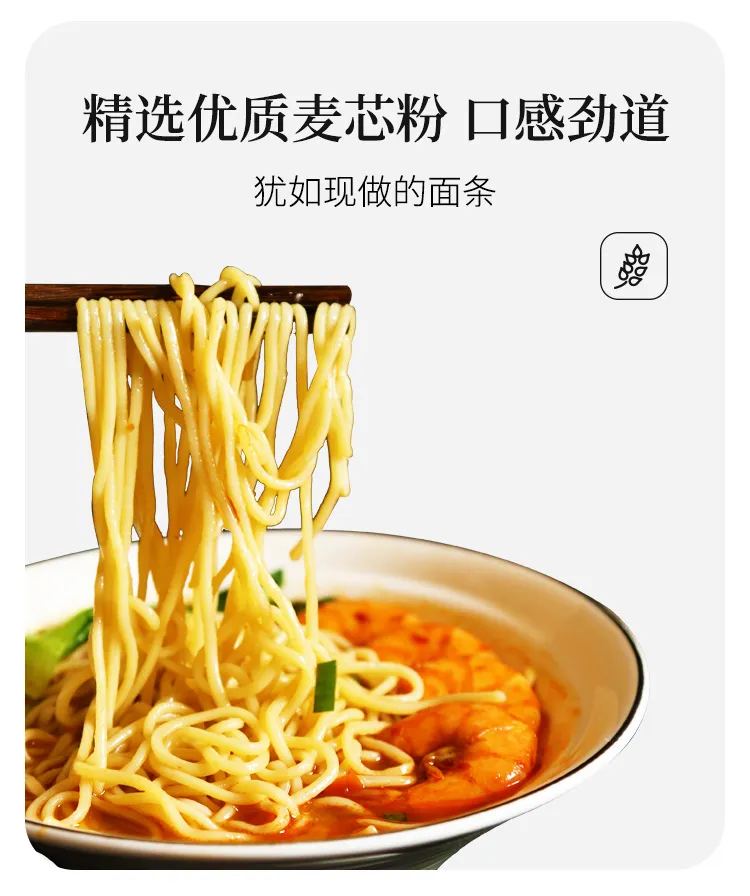are ramen noodles bad for your health
Are Ramen Noodles Bad for Your Health?
Ramen noodles have become a staple food for many people around the world. Affordable, quick, and easy to prepare, they are particularly popular among students and those with busy lifestyles. However, the health implications of consuming ramen noodles frequently have sparked debates among nutritionists and health enthusiasts. This article delves into the ingredients, nutritional value, and overall effects of ramen noodles on health.
Nutritional Breakdown of Ramen Noodles
Traditional ramen noodles are made from wheat flour, salt, water, and an alkaline mineral water known as kansui, which gives them their unique texture. Instant ramen noodles, which are the most widely consumed version, are precooked and then dehydrated, allowing for a quick preparation time.
A typical serving of instant ramen noodles (approximately 85 grams) contains about 380 calories, with around 15 grams of fat, 54 grams of carbohydrates, and 7 grams of protein. What stands out, however, is the sodium content; a single serving can contain upwards of 1,500 mg of sodium, which is a significant portion of the recommended daily intake—approximately 2,300 mg for healthy adults.
Health Concerns
1. High Sodium Levels One of the primary health concerns regarding ramen noodles is their high sodium content. Excessive sodium intake can lead to hypertension (high blood pressure), which is a risk factor for heart diseases and strokes. Regularly consuming high-sodium foods can exacerbate these health issues and lead to long-term complications.
2. Low Nutritional Value While ramen noodles are calorie-dense, they are nutritionally poor. They lack essential vitamins, minerals, and fiber that are critical for maintaining good health. A diet primarily made up of ramen noodles may lead to deficiencies in important nutrients, potentially resulting in weakened immunity, digestive issues, and other health problems.
3. Unhealthy Fats and Additives Many instant ramen packets include flavoring powders and oils that can contain unhealthy trans fats or other additives. Trans fats are known to increase bad cholesterol levels while decreasing good cholesterol, ultimately increasing the risk for heart disease.
are ramen noodles bad for your health

4. Processed Food Concerns Instant ramen falls under the category of highly processed foods. Regular consumption of such foods is linked to various health risks, including obesity, type 2 diabetes, and metabolic syndrome. Processing often strips foods of their natural nutrients and introduces unhealthy components that can be detrimental to health.
Balancing Ramen Noodles in Your Diet
While ramen noodles can pose health risks when consumed excessively, moderation and mindful consumption are essential. Here are some tips to help make ramen noodles a healthier option
1. Add Vegetables Incorporating a variety of vegetables can increase the nutrient density of your meal. Leafy greens, bell peppers, carrots, and broccoli not only add flavor but also provide essential vitamins and minerals.
2. Include Protein Boosting the protein content of your ramen can help create a more balanced meal. Adding eggs, tofu, or lean meats can transform ramen into a more filling and nourishing dish.
3. Limit the Seasoning Pack Consider using only a portion of the seasoning packet or making your own broth using low-sodium options to control the sodium levels while enhancing flavor with herbs and spices.
4. Mindful Portion Sizes Be aware of portion sizes to avoid excessive calorie intake. Reducing serving sizes and complementing noodle dishes with other healthy foods can help manage overall calorie intake.
Conclusion
In conclusion, while ramen noodles can be convenient and satisfying, their impact on health largely depends on how they are incorporated into the diet. Regularly consuming high-sodium, low-nutrient foods can have adverse health effects, but with mindful habits, ramen can still be enjoyed as an occasional meal. By adding nutritious ingredients and being aware of portion sizes, one can enjoy the comforting qualities of ramen noodles without significantly compromising health. Ultimately, the key is balance and moderation in any dietary choice.
-
Unleash Your Inner Chef with Delectable Italian Pasta CreationsNewsAug.01,2025
-
Savor Health and Flavor: Irresistible Soba Noodles for Sale Await!NewsAug.01,2025
-
Nourish Your Body with Premium Organic Ramen - A Culinary Delight AwaitsNewsAug.01,2025
-
Elevate Your Dishes with Our Exquisite Kinds of Egg NoodlesNewsAug.01,2025
-
Dive into Flavorful Convenience with Our Ramen OfferingsNewsAug.01,2025
-
Discover Exquisite Types of Naengmyeon and Chilled Soba NoodlesNewsAug.01,2025
-
Is Whole Wheat Pasta Healthy?NewsMay.30,2025
Browse qua the following product new the we

















































































































